Musical Gems by Women Bring Diversity to the Stage
The Gotham Early Music Scene features compositions by women, performed by women of color
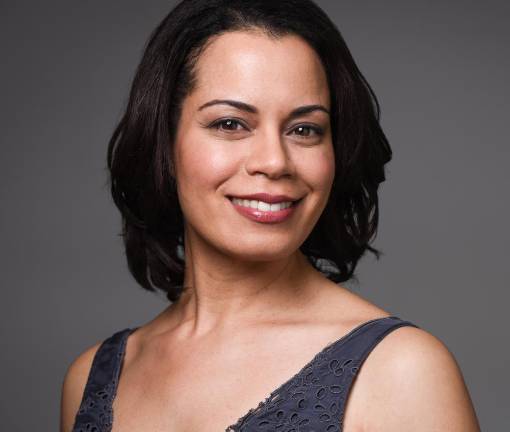
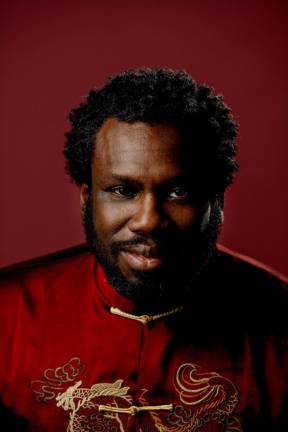
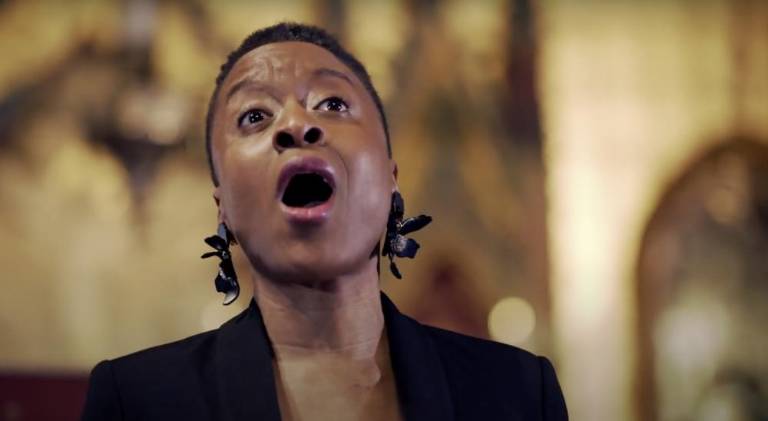
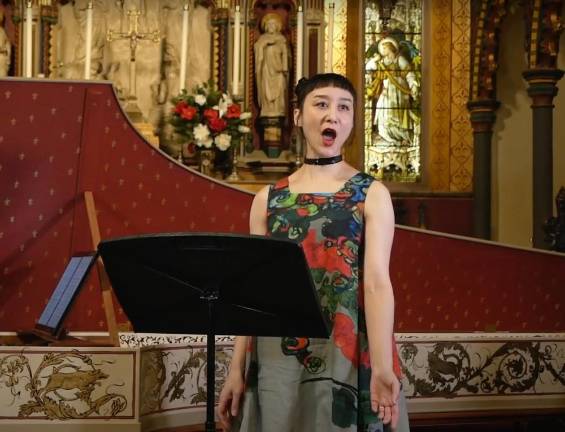
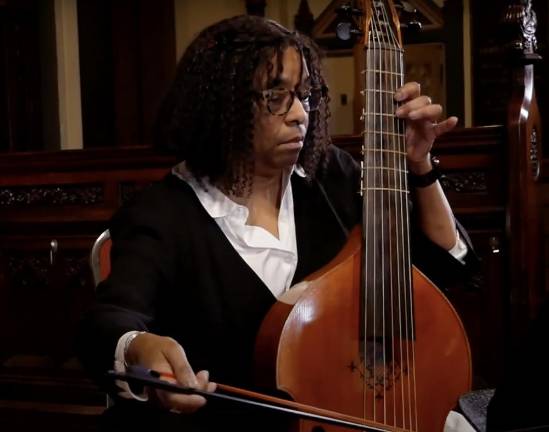
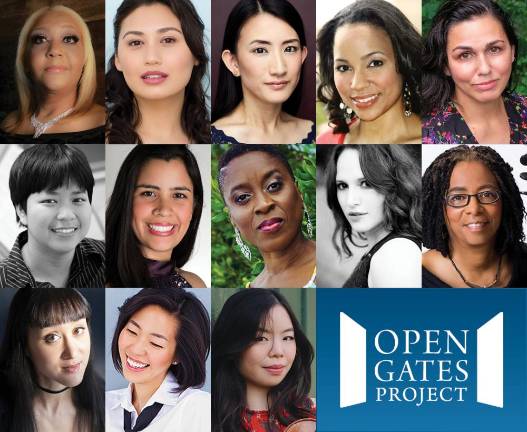
What’s old can be new again, in the right hands. Musicians and musical scholars soprano Michele Kennedy, bass-baritone Joe Chappel and Gene Murrow, executive director of the nonprofit Gotham Early Music Scene (GEMS) are bringing early music to the spotlight in an innovative, inclusive new series. The Open Gates Project presents a series of three concerts in November. All feature compositions by women, performed by women of color. It’s an effort to open more voices to more audiences and share gems created by women artists.
Co-directors of the Open Gates Project, Michele Kennedy and Joe Chappel, discussed the series with us ahead of the concerts.
Tell us about the Open Gates Project and The Divine Feminine: Centering Women of Color in Early Music.
Kennedy: The Open Gates Project is a trailblazing new concert series featuring artists of color who specialize in early music. It was important to my Co-Director, Joe Chappel, and I that we launch our series with a brilliant all-female ensemble: historical narratives have all too often sidelined women of color, and we wanted to fundamentally shift that narrative by bringing us, instead, to center stage.
Was it difficult to find works by Renaissance and Baroque period female composers?
Kennedy: Difficult is a relative term - being an early music specialist generally means being somewhat of a music scholar. Research is often the only way to find many of these gems from hundreds of years ago, or else one can easily focus solely on a handful of established masters like Bach, Handel, and Vivaldi.
Personally speaking, my work has focused on female composers - from the Medieval and Renaissance to the 21st century - for a number of years, so I largely pulled from my knowledge of period repertoire by early female masters for the Divine Feminine program. The body of Marian repertoire, in particular, is quite rich in the widely circulated historic repertoire. And as we have integrated Mexican Baroque composer Sor Juana de la Cruz into this program, we look forward to further diversifying our featured repertoire beyond its best-known roots in Western Europe in future programs.
How rare is it to have these works performed in New York?
Kennedy: The Pergolesi Stabat Mater is a beloved masterwork that is performed much more often than the other repertoire - largely written by female composers - in this program. We aim to fuel a growing movement to diversify the established canon by normalizing the inclusion of women’s voices as a matter of course.
Tell us about the members of the ensemble. Where do they come from, and what do they as a group represent?
Kennedy: While most of our female singers and players come from the New York area, we also have artists joining us from Chicago and Nashville. Every one of our featured artists is both an experienced ensemble performer as well as an accomplished soloist: our program aims to celebrate each of them in both capacities. They represent artistic excellence, diversity, and a remarkable sense of versatility, all at once.
You chose very specific locations in which to perform. Could you explain why?
Kennedy: We want to present Open Gates Project’s work in multiple boroughs of New York City. This is especially important in representing artists of color on the stage to audiences in The Bronx and Queens, with their diverse and widely underserved neighborhoods when it comes to the arts and live performance. Our aim is to grow our audiences to include people who have never, or only rarely, seen people who look like them featured on the concert stage.
What do you hope will surprise people about this series and these women composers?
Chappel: I hope people are continually surprised by the depth of talent that exists among musicians of color who have dedicated their lives to mastering historic performance. If there is a stereotypical image of an early music specialist, it is not a musician of color. And yet, in one of the most diverse cities on Earth, which also happens to be one of the world’s cultural capitals that draws countless artists into its orbit, there are many artists of color who are currently practicing early music. Even greater still is the enormous pool of talented musicians who are established professionals from which the field should be recruiting to learn the specific skills necessary to become early music specialists. How early music looks depends greatly on who we invite into our community. Who do we recruit and who do we ignore, and why?
When it comes to the women on this first concert, I know the audience will be pleasantly surprised at the beauty of sound emanating from the stage. The composers have provided such wonderful works and we have assembled a wonderfully talented group of artists to bring these works to life!
Are these works newly relevant, or have they always been relevant, and just need new ears to hear them?
Chappel: The works have always been relevant - they were just underperformed and under-recognized, with the exception of the Stabat Mater, which of course was written by Pergolesi, a man. Today these works by female composers are relevant in that they demonstrate the presence of women in early music, even when early music was actually new music and not all that early. It is important that we musicians refocus our scholarly research to include these important female voices and perspectives. The next time we musicians go digging in the early music pile, hopefully we will remain aware enough to pull out more gems from female composers and perhaps other marginalized voices who also contributed to the canon but have been lost in the predominance of male European composers.
What do you hope audiences will experience during the performance, and what do you hope will stay with them after the final note?
We hope that our audiences are deeply moved by seeing a stage full of radiant female artists of color, and that they will never view an early music concert again without considering both artistic excellence and wide-ranging inclusion in the same breath.
Video link: https://gemsny.org/opengatesvideos